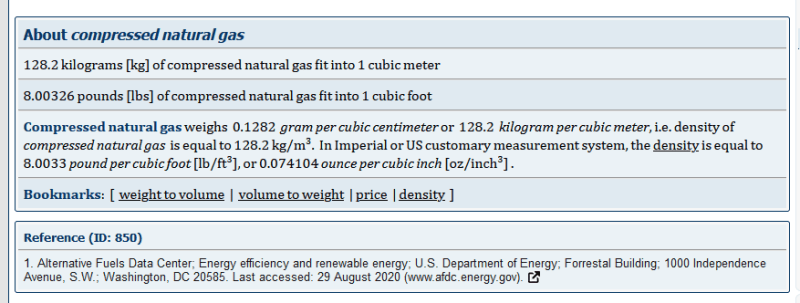Vivaldi SMITH
Student
- Nov 12, 2020
- 20
Hello,
I am struggling big time converting MMSCFD of natural gas to lb/hr. I would greatly appreciate any help.
I am struggling big time converting MMSCFD of natural gas to lb/hr. I would greatly appreciate any help.


